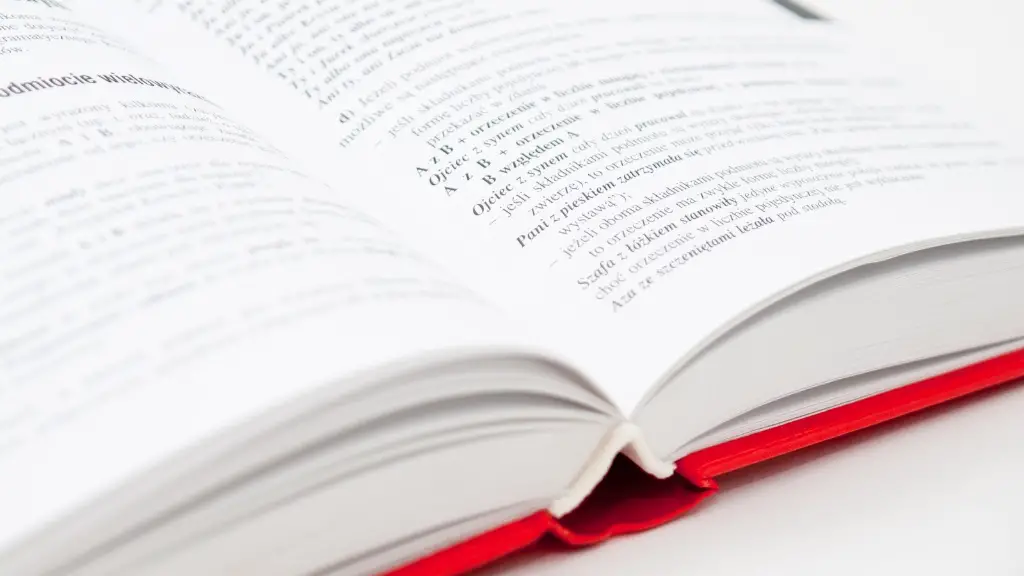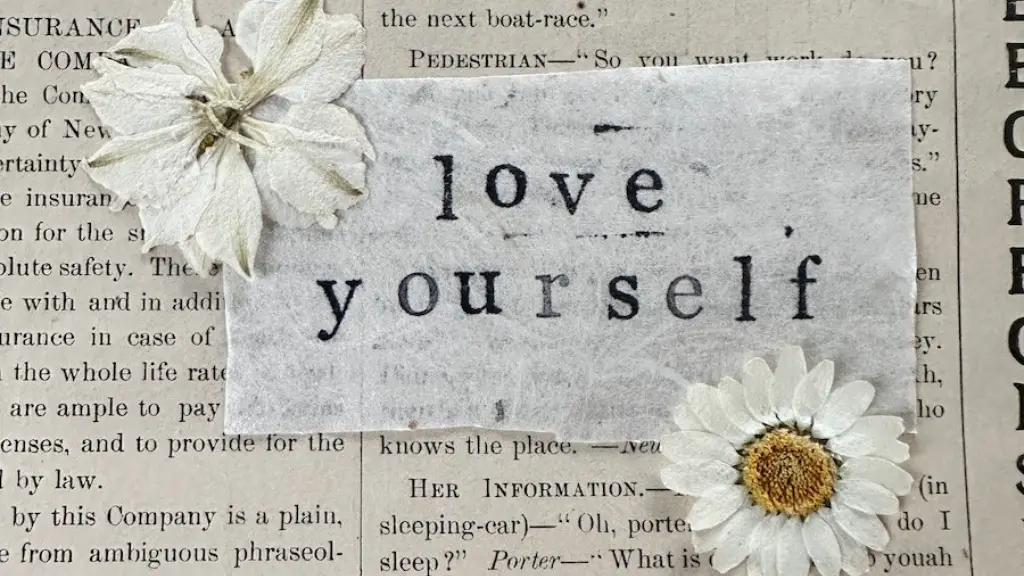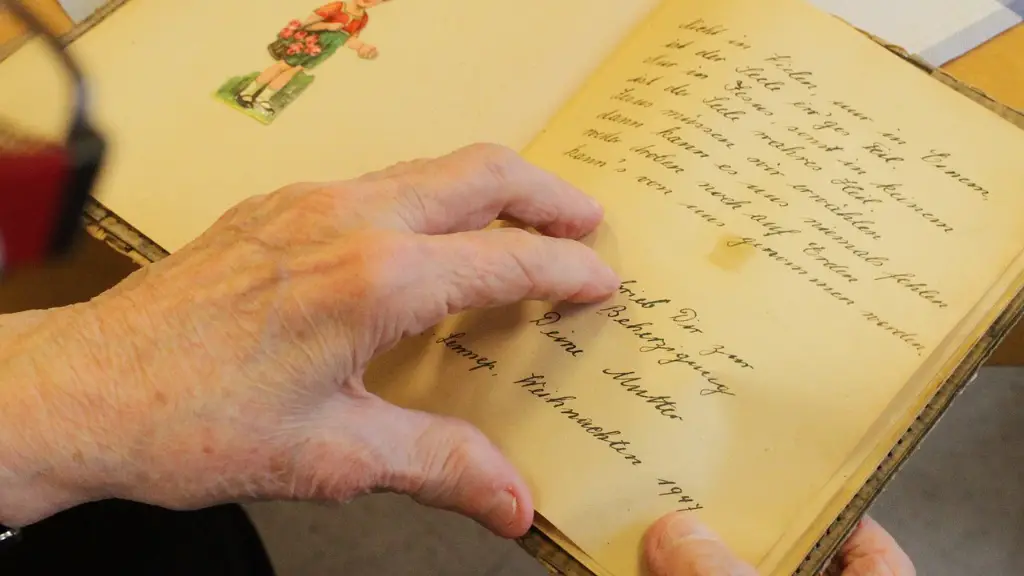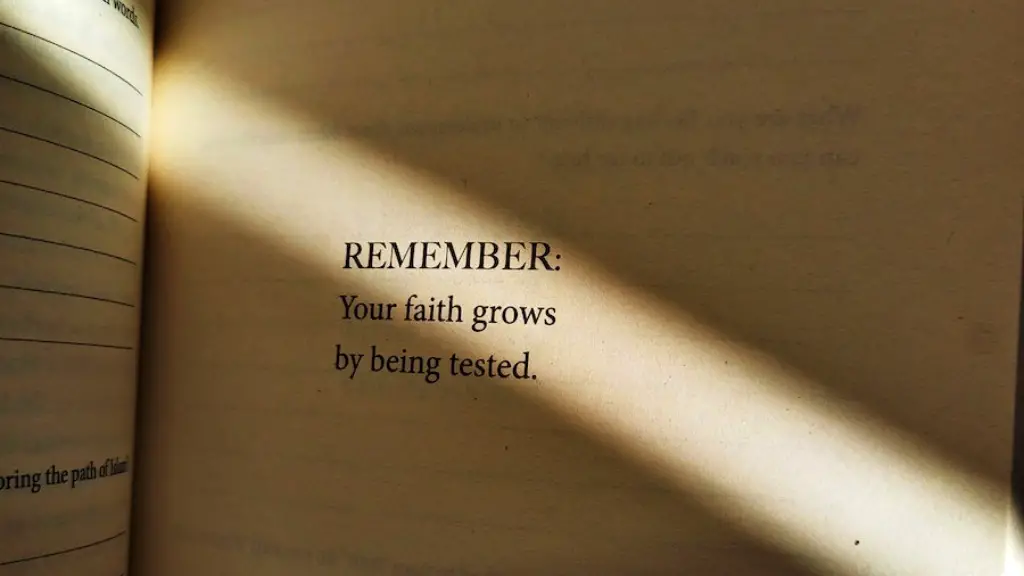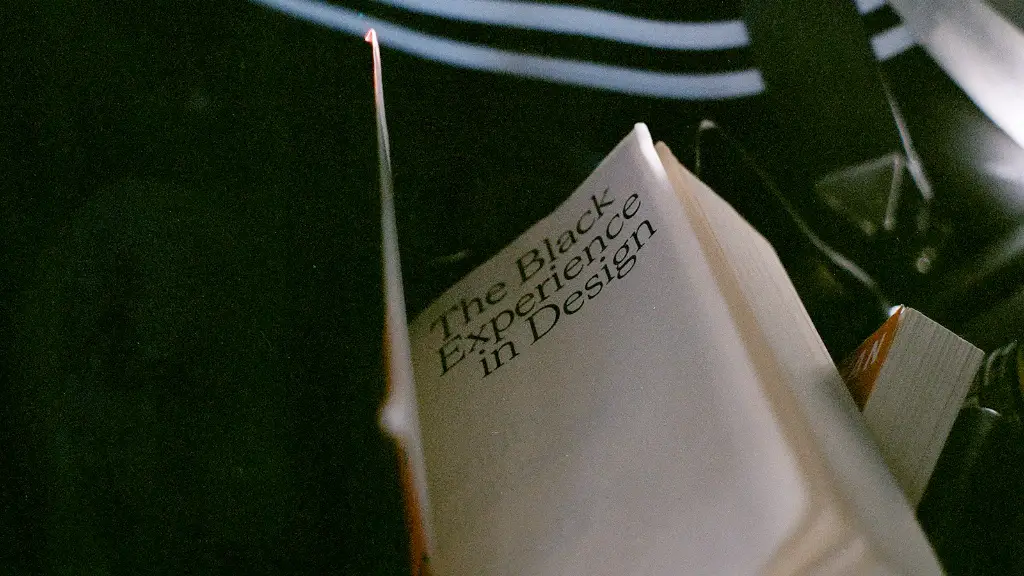Introduction – why poetry is important in life
Poetry is an art form that has been around for centuries, and for many, it has served as a way to tell stories and express emotions. Poetry can be used to capture experiences and share our perspectives on life. It has been seen as a form of comfort and healing, a way to express joy and sorrow. For many, poetry is seen as a means of self-expression, an empowering tool to help cope with challenges and difficult feelings.
Over the years, poetry has been seen to provide comfort and healing, to build bridges between traditions and generations, to connect to the divine and to nature, to express emotions, and to reflect upon and explore life experiences. In today’s world, poetry is as important as ever, in providing a way to express ourselves and think more deeply about ourselves and the world.
In this article, we explore the power of poetry, the importance of poetry in our lives, and some of the ways that we can use it to bring beauty into our lives.
Power of Poetry – the impact of poetic words
Poetry has the power to evoke strong emotions and feelings. It can reveal hidden truths, stimulate meaningful conversations and reveal facets of yourself that you may not have been aware of before. It contains the power to bring comfort, healing and understanding to difficult situations. Poets such as Maya Angelou, Rupi Kaur and Langston Hughes have used their words to create a movement of self-expression and self-discovery, that encourages us to empathise, ask questions and be vulnerable.
The language used in poetry can also inspire change and political action. Poets such as Audre Lorde and Warsan Shire have used their words to create messages of empowerment, justice and liberation. By choosing strong, powerful words, and organising them into succinct and impactful images, poets have the power to convey the complexities of a situation or emotion in a single line.
Just as melodies can capture our attention and draw us in, so too can the rhythms and sounds of poetry. Poetic forms such as sonnets, villanelles and haikus allow us to use language to crafting lyrical and musical language. By using devices such as alliteration, onomatopoeia and metaphor, poets are able to bring vivid images and stories to life in our minds.
Understanding emotions through poetry
Poetry can also be a powerful tool to help us understand and process difficult emotions. It is a way for us to express our feelings and thoughts in a safe and creative way, where we can explore our feelings in a non-judgmental environment. By writing our own poems or reflecting on a poem written by someone else, we can express our true emotions and gain a better understanding of ourselves.
Poetry can give us the language to be able to identify our emotions and to connect with the experiences and emotions of others. By discovering more about our emotions, we can explore the underlying root of our thoughts and feelings, and gain a better understanding of ourselves. We can also better express ourselves to others as we learn to own our feelings, thoughts and experiences.
Poetry can also be used to celebrate life and find joy in our day-to-day experiences. Through its language, poetry can bring us deep reflection, but it can also help us to see beauty in our everyday lives. By using poetic devices and imagery, poems can evoke feelings of joy, awe and amazement. By reflecting upon these feelings and putting them into words, we can use poetry to see the world in a new light and be grateful for the little things.
Gaining a new perspective on life with poetry
Poetry can also be used to gain a new perspective on our lives and look at our experiences from a different point of view. Poetry invites us to have a dialogue with ourselves and encourages us to look inward. It can provide us with a way to weigh up different perspectives and gain insight into our own experiences.
Poetry can also be used to make sense of difficult situations and to gain insight from the outside world. Through poetry, we can observe the world around us and reflect upon different cultures and ways of being. Poetry can also be used to build understanding and empathy, by connecting to the experiences of others and gain a new perspective beyond our immediate context.
How to start writing poetry?
Writing poetry can be intimidating at first, but once you get started it can become a powerful tool in understanding yourself and others. The best way to get started is to take out pen and paper and just start writing, with no rules or expectations. Write down whatever comes to your mind, whether it’s your feelings, memories, or descriptions. This can be a powerful way to explore your thoughts and feelings, and to express yourself.
You can also try experimenting with poetic forms, such as sonnets, villanelles and haikus, to help you learn more about the structure and form of different types of poems. By seeing how these forms are used, you can gain insight into how meaning is conveyed through the use of language.
Different forms of poetry
There are many different forms and styles of poetry, from more traditional forms such as sonnets and villanelles, to more modern forms such as free verse and slam poetry. Each style has its own set of rules and guidelines, and can be used to manifest different meanings and emotions. Exploring poetry can help you to find the style that best fits your own writing style and preferences.
One of the most popular forms of poetry today is spoken word poetry. Spoken word poetry combines the structure of poetic forms with the energy and rhythm of rap. It is an art form that has grown in popularity in recent years, and is a powerful way of expressing emotions and connecting with an audience.
Connecting with other poets
Connecting with other poets is another powerful way to gain insight into the world of poetry. By joining online communities, attending spoken word events, or joining a writing group, you can connect with other poets and gain knowledge and support. By engaging with other poets and reflecting on their work, you can gain further insight into how to structure and write your own poetry.
Poetry readings, open mics and slams are great places to meet with other poets and to practice presenting your work. These events provide a supportive environment to practice your writing and connect with both seasoned and budding poets alike.
The power of poetry
Poetry has been around since ancient times, and its power to touch the human spirit remains unchanged. By expressing ourselves through poetry, we can connect to our deepest emotions and gain a new perspective on life. Whether it’s to gain insight, celebrate life, or to communicate a difficult experiences, poetry can provide us with a powerful language to express our thoughts and feelings.
By engaging with poetry, whether reading it or writing it, we can open ourselves to new ways of thinking and understanding. It can show us how to think more deeply and to appreciate the beauty of life.
